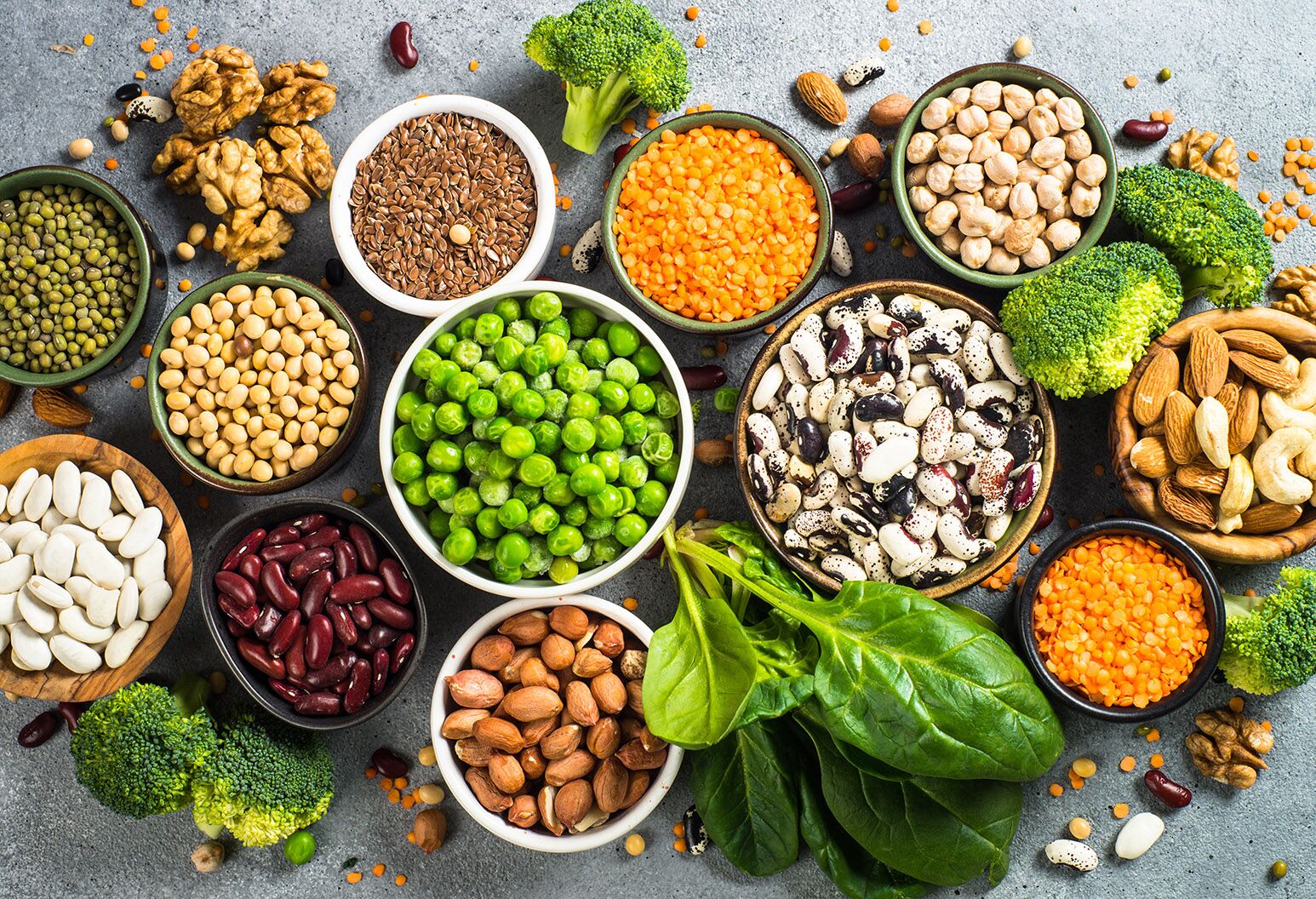Introduction
Adequate protein intake is the key to everybody’s success you just happen to be a vegetarian. Some believe that people that don’t eat meat may have a hard time getting their required amount of protein. But with a little bit of mindful planning, and including variety, vegetarians can easily get the protein they need.
Understanding Protein Needs
It’s important for building and repairing tissues, producing enzymes, and keeping the immune system functioning. The need for protein depends on age, weight, and amount of activity you do. Adults require an average of 46 to 56 grams a day. Adequate consumption is attainable for vegetarians by selecting appropriate foods.
Plant-Based Protein Sources
- Legumes and Beans: Lentils, chickpeas, and black beans are protein powerhouses. One cup of cooked lentils can supply approximately 18 grams. Beans can be used on soups, salads or in the main course.
- Nuts and Seeds: Almonds, walnuts, chia seeds and flaxseeds are not only packed with protein but also good fat. A few almonds contain about 6 grams of protein. Sprinkle chia seeds over the top of yogurt, or stir it into smoothies.
- Tofu and Tempeh: Soy-based tofu and tempeh are popular protein options among vegetarians. Tofu is so adaptable and loves taking on the flavors of various spices and sauces. Its texture a bit firmer, tempeh can be grilled or thrown into stir-fries.
- Whole Grains: Quinoa, brown rice and oats are all great daily sources of protein. Quinoa, for example, has all nine essential amino acids, and it’s considered a complete protein. A cup of cooked quinoa contains around 8 grams of protein.
- Dairy and Eggs: If you do consume dairy and eggs, Greek yogurt, cheese and eggs provide hefty protein. A single egg has about 6 grams, and a cup of Greek yogurt has up to 20 grams.
Combining Foods for Complete Proteins
Some plant-based foods are complete proteins, while others may not contain all the essential amino acids. Complementing dietary protein amount from different sources can result in a full range of amino acids. For example, by combining rice with beans or hummus with whole-grain pita bread, you can get all of the essential amino acids.
Meal Planning Tips
Developing a well-balanced meal plan will help to provide those protein needs without difficulty. Begin with a protein-rich breakfast, like a bowl of oats with nuts and seeds on top. Lunch can be a vegan salad with chickpeas or a quinoa bowl brimming with vegetables. A tofu stir-fry or lentil soup could be dinner. Snacks can also be protein-dense, such as a handful of mixed nuts or a slice of whole-grain toast with almond butter.
Protein Supplements
Although whole foods should remain the focus of your diet, supplements can be accessible for individuals having a hard time reaching their protein goal. Add soy, pea or hemp-based protein powders into smoothies. But it is important to select healthy products, without added sugars or artificial ingredients.
Potential Challenges
Busy lives or the lack of availability of appropriate foods can make it seem difficult to obtain enough protein for the vegetarian. Meal planning in advance and having protein-rich snacks on standby can help to minimize these obstacles. Also, checking food labels can tell you how much protein is in your foods.
Health Benefits
A well-planned vegetarian diet provides health benefits like reduced risk of heart disease, high blood pressure and some forms of cancer. Fiber-rich plant-based diet is also beneficial in maintaining good digestive health and weight. That’s because, by emphasizing protein-rich foods, at least vegetarians can keep their muscle mass as well as their health.
Conclusion
Getting enough protein on a vegetarian diet is absolutely possible if your diet is varied and balanced. Knowing protein sources and how to combine food compounds in a beneficial way, and being thoughtful about your meal planning is important. With an array of plant-based foods, vegetarians have ample alternatives to ensure they even get the protein they need.

